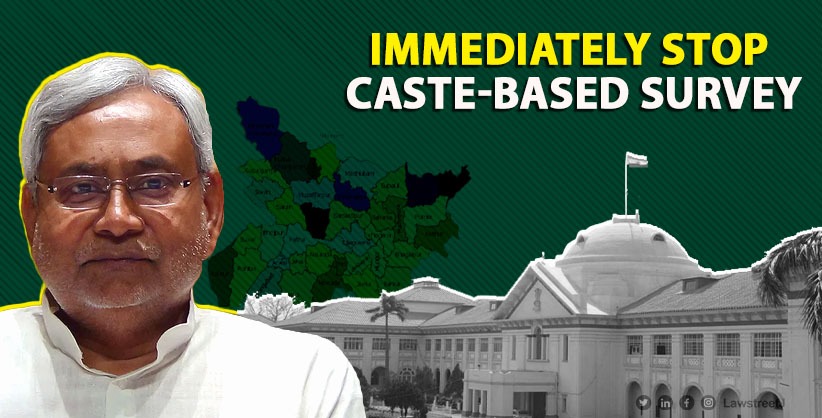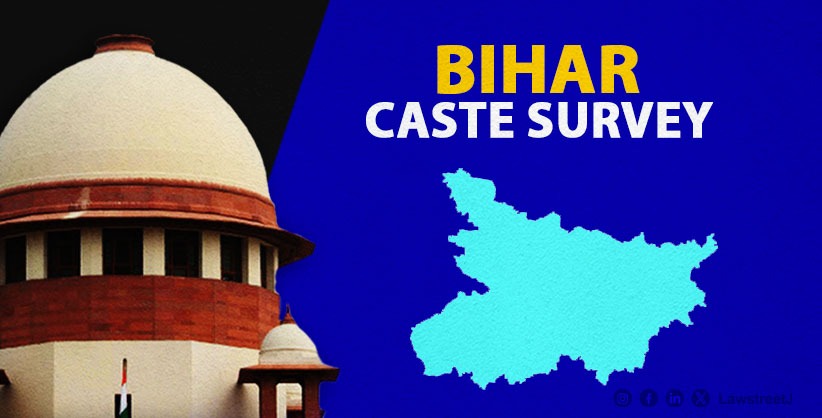NEW DELHI: In a big setback to the Nitish Kumar government, the Patna High Court on Thursday directed the Bihar government to immediately stop the caste based survey, by prima facie holding that the State has no power to carry out such an exercise.
A bench of Chief Justice K Vinod Chandran and Justice Madhuresh Prasad directed the state government to ensure that the data already collected are secured and not shared with anybody till final orders.
The court passed its interim order in a batch of writ petitions filed by 'Youth for Equality' and others against, noting "the caste-based survey is a census in the garb of a survey; the power to carry out which is exclusively on the Union Parliament".
The court fixed July 7 as the next date for the hearing.
In its detailed 31-page order, the bench expressed serious reservation on sharing of the data collected in the survey started in January this year on the basis of government order issued on June 6, 2022.
"We also see from the notification issued that the Government intends to share data with the leaders of different parties of the State Assembly, the ruling party and opposition party which is also a matter of great concern. There definitely arises the larger question of right to privacy, which the Supreme Court has held to be a facet of right to life," the bench said.
After hearing the counsel for the petitioners and the state's Advocate General, the bench said we are of the considered opinion that the petitioners have made out a prima facie case against the continuation of the process of caste- based survey, as attempted by the State of Bihar.
"There is also the question raised of data integrity and security which has to be more elaborately addressed by the State. Prima facie, we are of the opinion that the State has no power to carry out a caste-based survey, in the manner in which it is fashioned now, which would amount to a census, thus impinging upon the legislative power of Parliament," the bench said.
The state government vehemently defended its decision, saying that both Houses of the State Legislature has sanctioned the survey.
"There is nothing placed on record regarding the deliberations made or the objects sought to be achieved by embarking upon such a massive exercise, that too for the collection of details which include the sensitive issue of caste," the bench noted.
The court was also impressed with the state government's contention that 80 % work has been completed and mere collation of data was pending.
The bench also said caste, is a stark reality deeply ingrained in the society; despite social reformers, through awareness having attempted to educate the masses and legislators, through preventive and regulatory measures as also affirmative action, strived to vanquish. It refuses to vanish and often rears its head to cause dissension among the polity and destroy the comity of citizens; an imperative for national advancement. The social reform movement started before the pre-independence era and continued after the independence unabated; but the caste-based divisions are still not overcome.









![Supreme Court refuses pre arrest bail to IPS officer accused of creating fake WhatsApp account of HC's CJ [Read Order]](/secure/uploads/2023/11/lj_1575_Fake_WhatsApp_account_of_Patna_HC_Chief.jpg)






